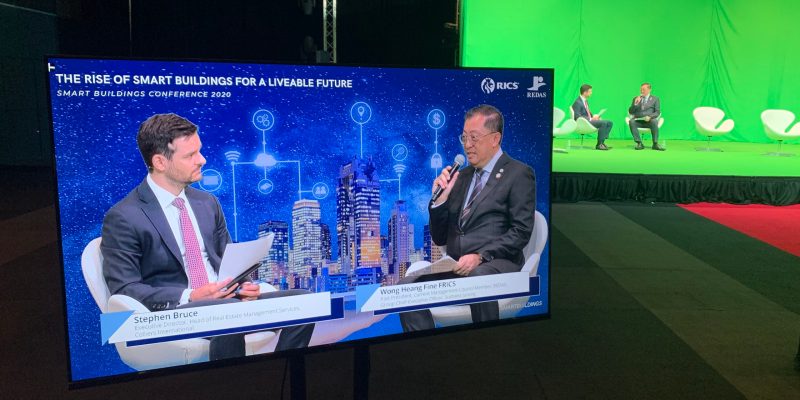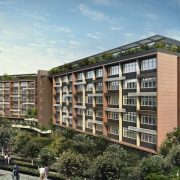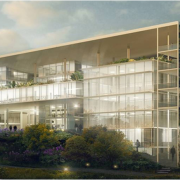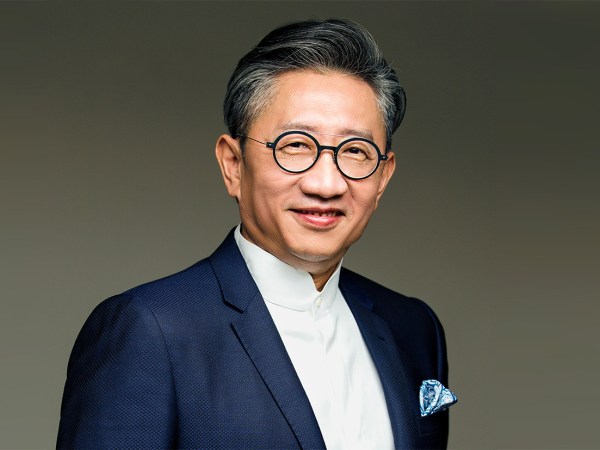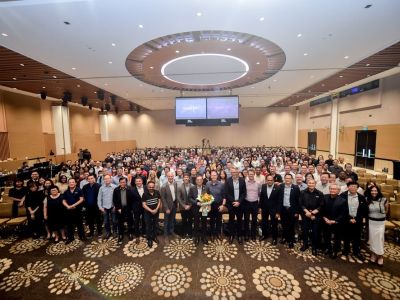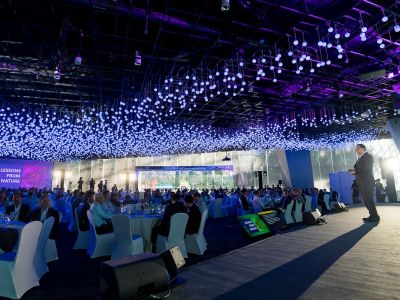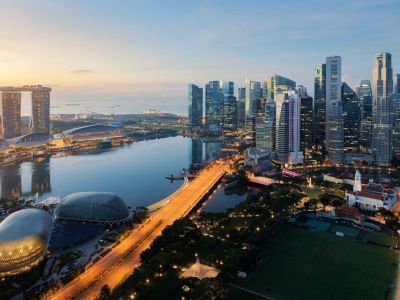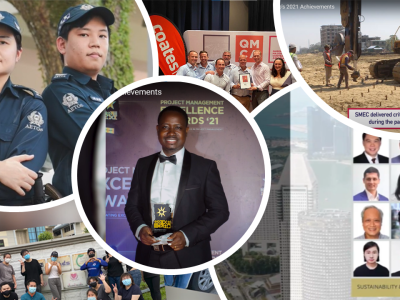Buildings must get smarter so that they can be a scalable foundation for creating smart cities that are safe, sustainable and inclusive.
This is the message that Group GCEO Wong Heang Fine delivered during his keynote address at the Smart Cities Conference 2020, organised by the Real Estate Developers’ Association of Singapore and the the Royal Institute of Chartered Surveyors (RICS). Having been conferred a Fellowship of RICS, Heang Fine received his plaque for the RICS Fellowship yesterday (3 Nov).
Smart buildings are structures supported by software and systems to ensure efficient, effective operations, take better care of people and protect enterprise assets. With increasing urbanisation, 47 percent of global energy resources will be consumed by residential and commercial buildings by 2027.
Investing in an intelligent and responsive building now is crucial to tackle climate change and meet the key targets for 2030. This approach can help to optimise energy efficiency while safeguarding the comfort of the occupants. “Dumb” or traditional buildings can be retrofitted to be more energy efficient through the convergence of IT and OT, and training people to be part of a cohesive strategy to drive operations according to insights derived from data.
Increasingly the industry is trending towards FM that leverages technology for automation and decision making. The industry needs to ride on this convergence to better integrate data from controls, automation and sensors. Mr Wong said he expects greater investment in digital technologies to enhance the life of built assets and enable innovation in the long run.


